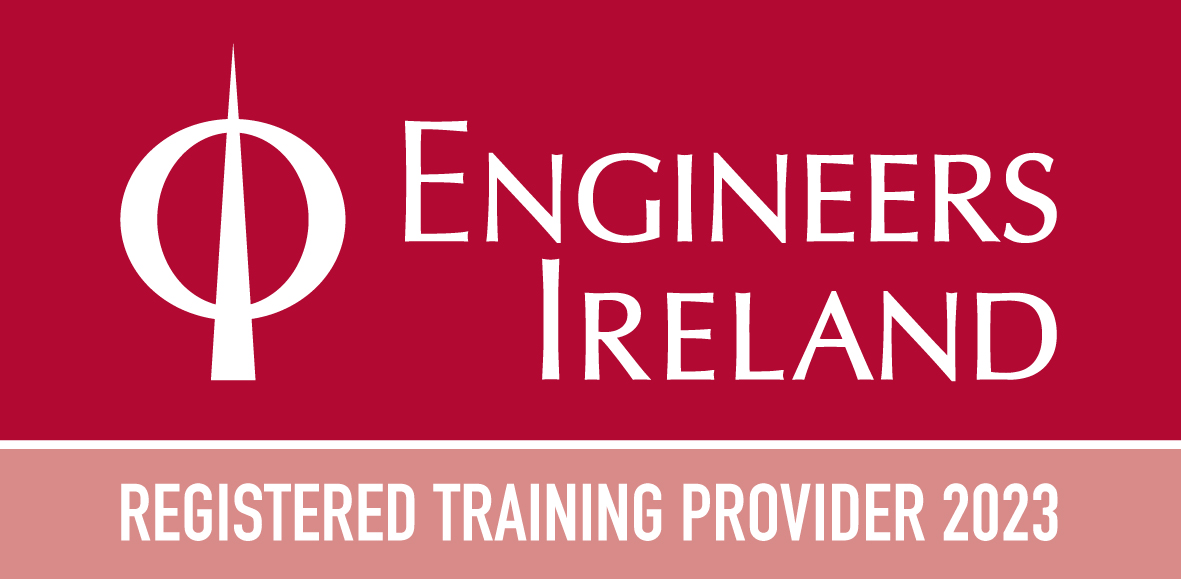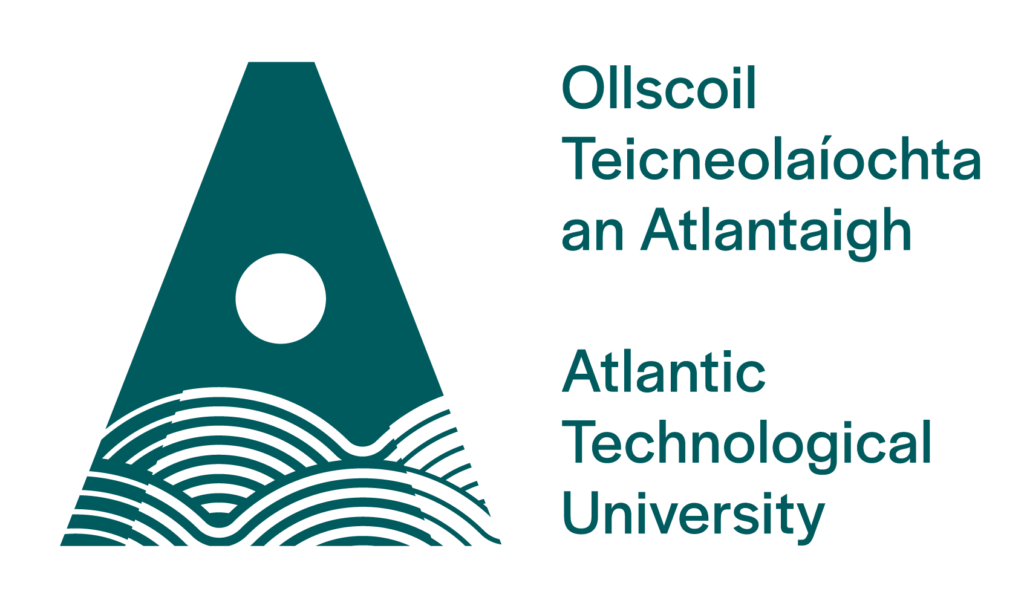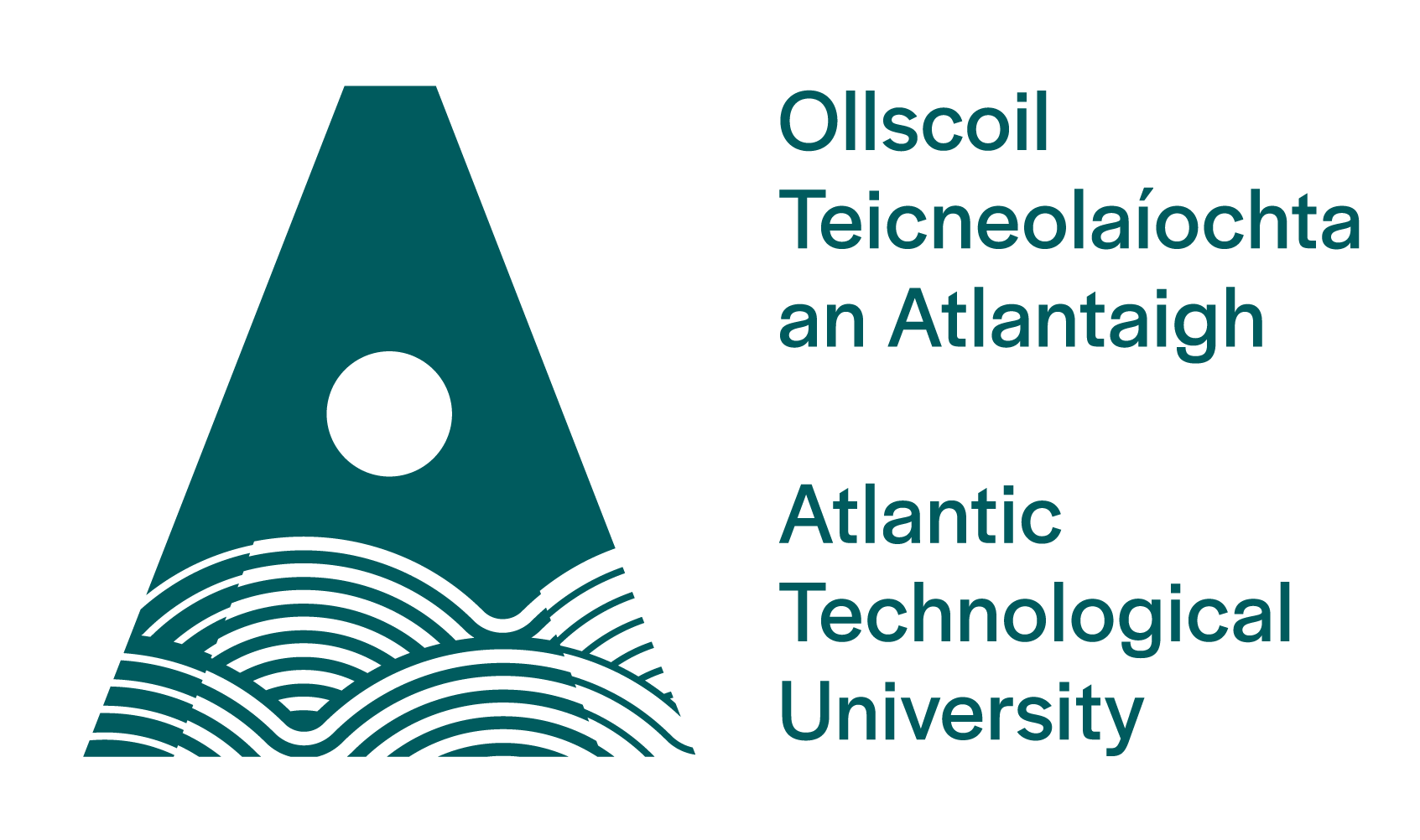Level
Duration
Provider
Mode
Fees


CPD ApprovedThis programme is in collaboration with, and supported by, the above authority.


Fees listed on this page are not confirmed and may be subject to change
This Level 9 Postgraduate Diploma in Circular Economy Leadership for the Built Environment has been developed in close collaboration with construction industry professionals to provide a flexible, multidisciplinary and industry-focused programme that seeks to address the current competency and skills gap in the construction sector both nationally and in a global context.
The programme is designed to embrace experiential and collaborative learning opportunities by continuously embedding evolving circular economy best practice through an academic-industry reciprocal learning framework. The construction sector is currently undergoing a significant transformation, catalysed by EU and national policy and strategy drivers, which are challenging stakeholders to review their business models and working practices to move beyond traditional linear processes and lead the transition towards preventative and more restorative circular processes of reuse, recycling and disassembly that will stimulate growth and improve competitiveness.
Participants on the course will discover a focused set of mandatory modules that cover all stages in the design-construction-operation and end-of-life process, that will address the competency, capability and skills requirements of the multiple supply chain stakeholders.
Candidates must hold a cognate level 8 Bachelor (Hons) degree with a minimum grade classification of H2.2 or equivalent e.g. Civil Engineering, Construction Management, Architectural Technology, Architecture, Construction Economics and Surveying etc. Candidates who do not meet the H2.2 performance standard in a Level 8 award will be required to pass a qualifying assignment at an H2.2 performance standard as established by the Programme Board for the programme in question and as approved by the Registrar.
English Language Requirements will be as determined by GMIT and as published in the Access, Transfer and Progression code. The current requirements are as follows:
Non-EU applicants who are not English speakers must have a minimum score of 6.0 (with a minimum of 6.0 in each component) in the International English Language Testing System (IELTS) or equivalent. All results must have been achieved within 2 years of application to GMIT.
EU applicants who are not English speakers are recommended to have a minimum score of 6.0 (with a minimum of 6.0 in each component) in the International English Language Testing System (IELTS) or equivalent.
The following list includes a selection of modules that you will study during your time on this programme.
Typically 3 hours per week online, along with self directed learning (e.g. of videos, reading article, blogging, e-learning portfolios etc).
The construction sector is currently undergoing a significant transformation, catalysed by EU and national policy and strategy drivers, which are challenging stakeholders to review their business models and working practices to move beyond traditional linear processes and lead the transition towards preventative and more restorative circular processes of reuse, recycling and disassembly that will stimulate growth and improve competitiveness. Participants on the course will discover a focused set of mandatory modules that cover all stages in the design-construction-operation and end-of-life process, that will address the competency, capability and skills requirements of the multiple supply chain stakeholders.
The Postgraduate Diploma module is:
This is a follow-on from the Postgraduate Certificate in Circular Economy Leadership for the Built Environment and the modules is: Applied Work-Based Research Project
It will take 2 years to complete the Postgraduate Diploma in Circular Economy Leadership for the Built Environment with an embedded Postgraduate Certificate, which are all online.
Please find info on the Masters in Circular Economy Leadership for the Built Environment.









| Cookie | Duration | Description |
|---|---|---|
| cookielawinfo-checbox-analytics | 11 months | This cookie is set by GDPR Cookie Consent plugin. The cookie is used to store the user consent for the cookies in the category "Analytics". |
| cookielawinfo-checbox-functional | 11 months | The cookie is set by GDPR cookie consent to record the user consent for the cookies in the category "Functional". |
| cookielawinfo-checbox-others | 11 months | This cookie is set by GDPR Cookie Consent plugin. The cookie is used to store the user consent for the cookies in the category "Other. |
| cookielawinfo-checkbox-necessary | 11 months | This cookie is set by GDPR Cookie Consent plugin. The cookies is used to store the user consent for the cookies in the category "Necessary". |
| cookielawinfo-checkbox-performance | 11 months | This cookie is set by GDPR Cookie Consent plugin. The cookie is used to store the user consent for the cookies in the category "Performance". |
| viewed_cookie_policy | 11 months | The cookie is set by the GDPR Cookie Consent plugin and is used to store whether or not user has consented to the use of cookies. It does not store any personal data. |